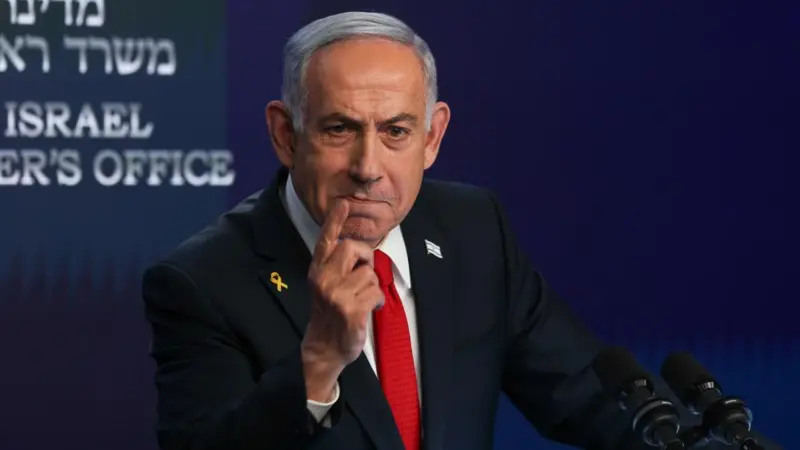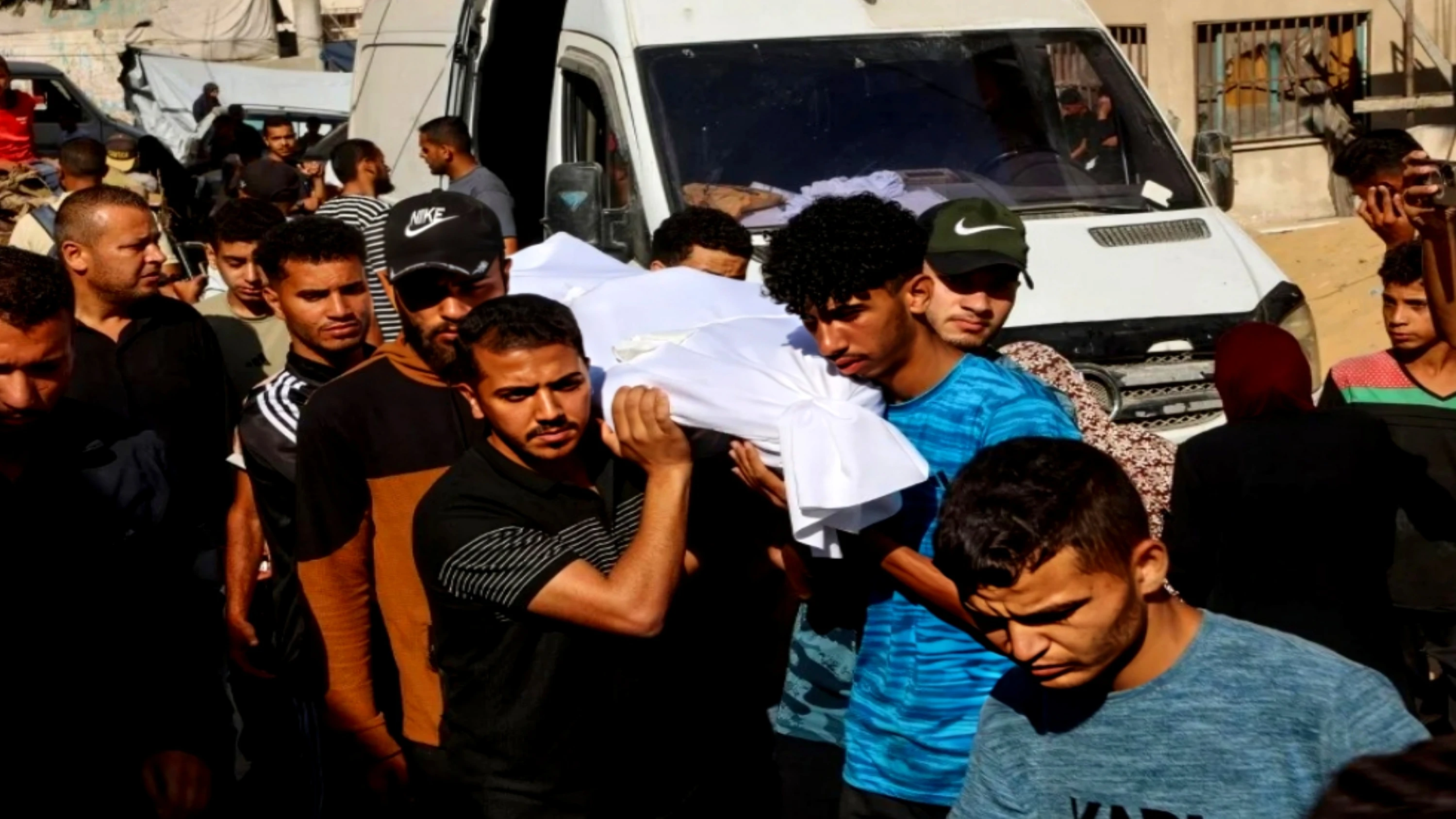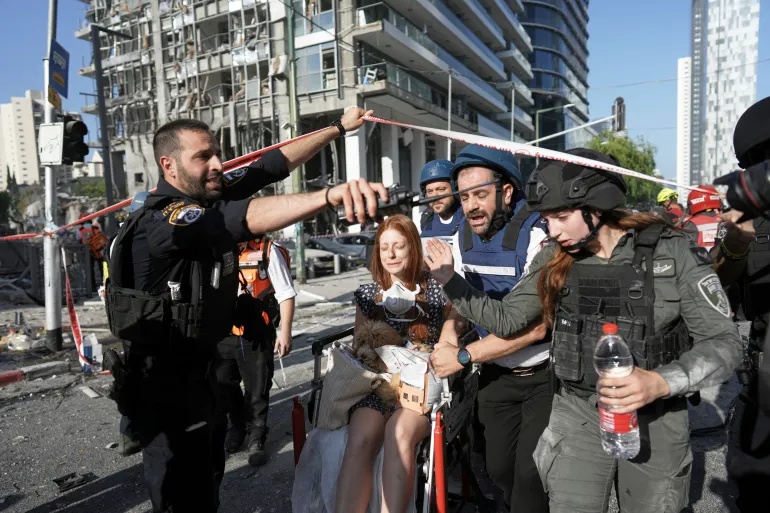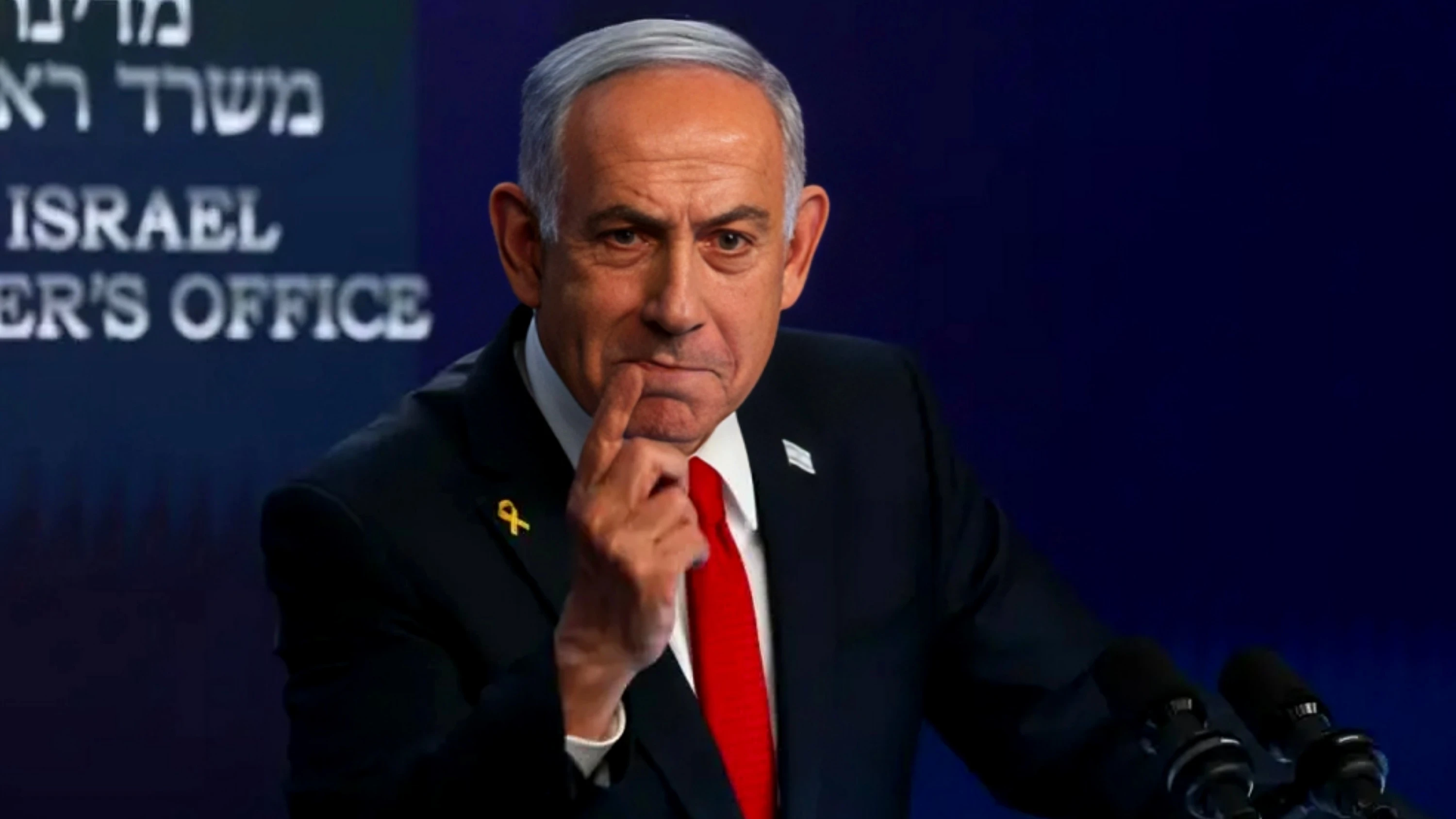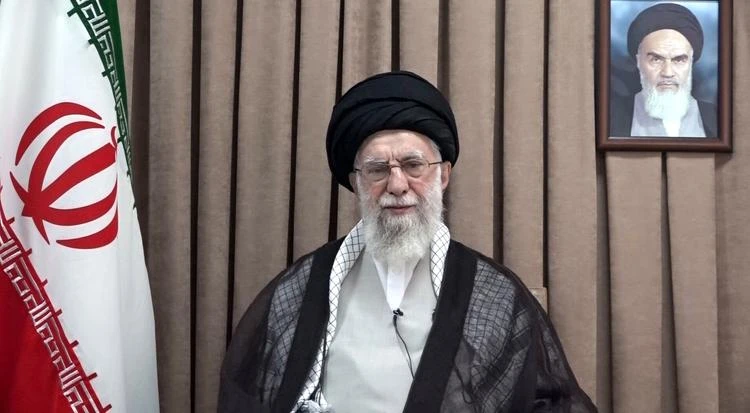Jerusalem: Israeli Prime Minister Benjamin Netanyahu struck a rebellious tone in a rare press conference on May 21, pushing back against growing international and domestic criticism as Israel intensifies its military campaign in Gaza. With Operation Gideon’s Chariots now in motion, Netanyahu declared that the new phase would “complete the war” and bring decisive blows to remaining Hamas strongholds.
Speaking only to Israeli media, Netanyahu dismissed mounting pressure from allies like the UK, France, and Canada, who have issued stern warnings over Israel’s conduct and the worsening humanitarian crisis in Gaza. He reiterated his government’s commitment to continuing the war, provided U.S. backing remains firm.
Despite surging domestic concern over the fate of Israeli hostages still held by Hamas, Netanyahu remained unwavering. “We will not be able to get them out without military measures,” he said, while simultaneously asserting that efforts to secure their release were ongoing. He confirmed that 20 hostages are believed to still be alive, and up to 30 others may have died.
Critics inside Israel, including opposition MP Yair Golan, accuse Netanyahu of prolonging the war at the expense of both hostage lives and Israel’s global standing. Golan warned the country is “on the way to becoming a pariah state” and accused the military of committing atrocities—claims Netanyahu angrily rejected as fueling antisemitism and political sabotage.
In response to humanitarian concerns, Netanyahu outlined a controversial new aid distribution plan, bypassing UN mechanisms. His three-phase strategy involves allowing aid into Gaza, setting up food distribution centers run by U.S. companies under Israeli military protection, and creating zones to protect civilians. The UN and foreign governments have criticized the plan, accusing Israel of “weaponising food aid.”
Netanyahu also revealed that Israel estimates around 10% of aid deliveries to Gaza are being intercepted by Hamas, though he emphasized that mechanisms are being developed to limit such diversions.
He reaffirmed Israel’s war goals: the complete military defeat of Hamas, disarmament of Gaza, and full Israeli security control over the territory. He added that Israel is open to a temporary ceasefire for a hostage deal, but only under “clear conditions that ensure Israel’s security.”
As global calls for a ceasefire grow louder and Israeli public sentiment shows increased support for ending the war, Netanyahu appears resolved to press ahead—betting on military dominance to secure both security and political legitimacy.


